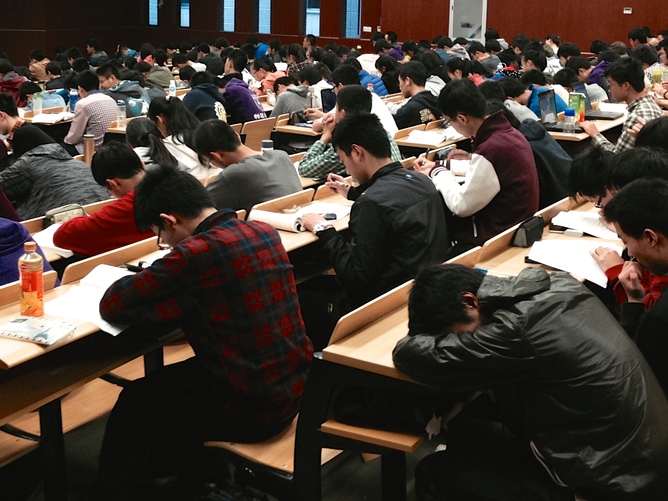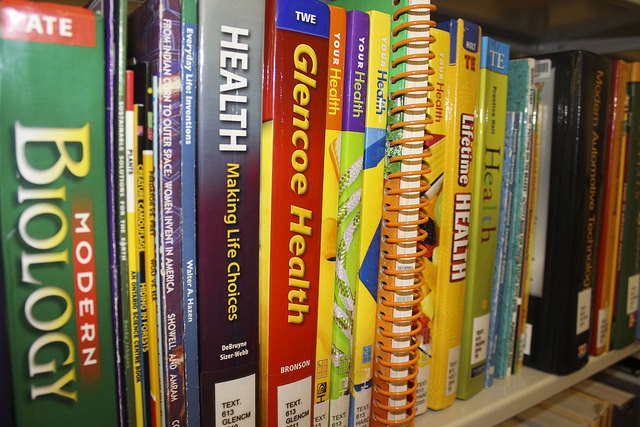Should sex ed start in kindergarten?

Talking about sex to a classroom full of five-year-old kids is likely to make some teachers and parents uncomfortable. But that is the approach that the Netherlands is taking and it is working. This week marks the start of “Spring Fever” week in the Netherlands where primary school students learn about sex education.
According to studies by the Word Health Organization and the World Bank by way of pbs.org, the dutch have “one of the lowest” teen pregnancy rates in the word and “nine out of ten Dutch adolescents used contraceptives the first time” they chose to have sex.
The information given to young students isn’t the typical data presented by your high school football coach who’s stuck leading the health class’s discussion on sex ed. Students learn about “sexual diversity and sexual assertiveness” and the aim is to create a healthy environment that will encourage students to know that “sexual development is a normal process.”
One key component of the curriculum is for students to feel comfortable with themselves and that “sexuality also has to do with respect, intimacy, and safety.”
This, obviously, is a variation from what we see in America. Sex is still a taboo topic for many as the subject isn’t a school requirement as it is in the Netherlands. PBS‘ story regarding sex ed shows data from the Public Religion Research Institute that “nearly four in 10 American Millennials report that the sex education they received was not helpful.”
Some states still teach abstinence as the only form of sexual education and it has not helped in lowering America’s teen pregnancy rate or reign in the growth of STD’s among teenagers.
While this type of liberal approach may not immediately work in America, it is definitely worth exploring. Teaching kids the importance of self worth through sexual education will increase their confidence and aid them in making better decisions as they mature.
Continuing the closed minded approach about sexual education works to the detriment of our students and we will continue to reap the benefits of the bad educational decisions we’ve made, which may be an increase rates of teen pregnancy and STDs.






